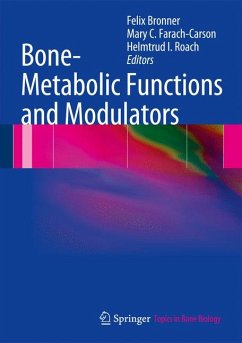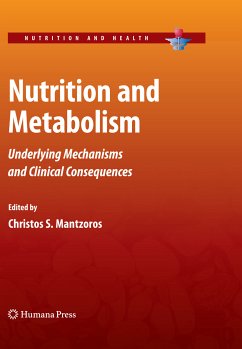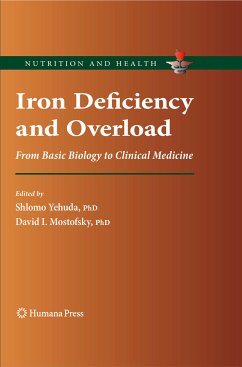
The Stress Response of Critical Illness: Metabolic and Hormonal Aspects (eBook, PDF)
Versandkostenfrei!
Sofort per Download lieferbar
72,95 €
inkl. MwSt.
Weitere Ausgaben:

PAYBACK Punkte
36 °P sammeln!
This book demonstrates how the latest insights into the physiopathology of the stress response can be integrated into clinical practice. The topic is particularly relevant since the metabolic changes triggered by acute stress, including adaptive responses such as resistance to anabolic signals, have recently been more precisely delineated. The underlying mechanisms of these changes are also now better understood. The authors analyse how these advances could result in better management and more effective prevention of the long-term clinical consequences of the alterations occurring during the a...
This book demonstrates how the latest insights into the physiopathology of the stress response can be integrated into clinical practice. The topic is particularly relevant since the metabolic changes triggered by acute stress, including adaptive responses such as resistance to anabolic signals, have recently been more precisely delineated. The underlying mechanisms of these changes are also now better understood. The authors analyse how these advances could result in better management and more effective prevention of the long-term clinical consequences of the alterations occurring during the acute phase. An international panel of respected experts discusses these topics and describes the management of some common clinical conditions.
Dieser Download kann aus rechtlichen Gründen nur mit Rechnungsadresse in A, B, BG, CY, CZ, D, DK, EW, E, FIN, F, GR, HR, H, IRL, I, LT, L, LR, M, NL, PL, P, R, S, SLO, SK ausgeliefert werden.












